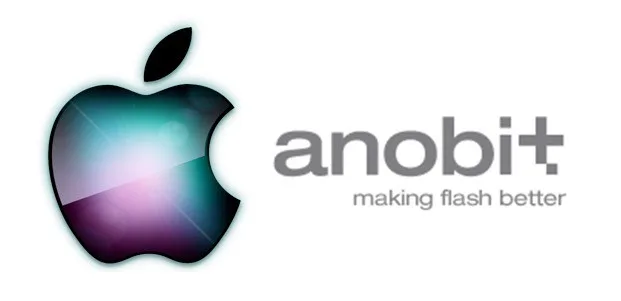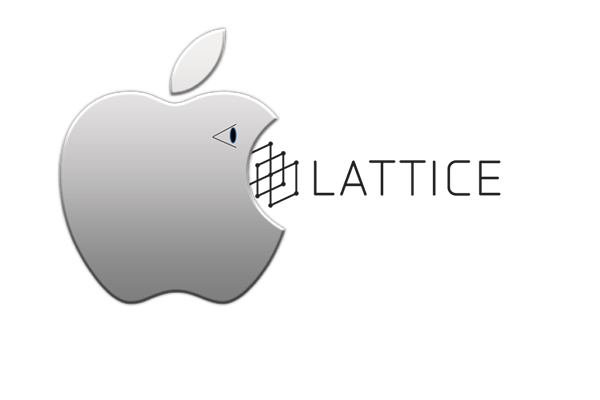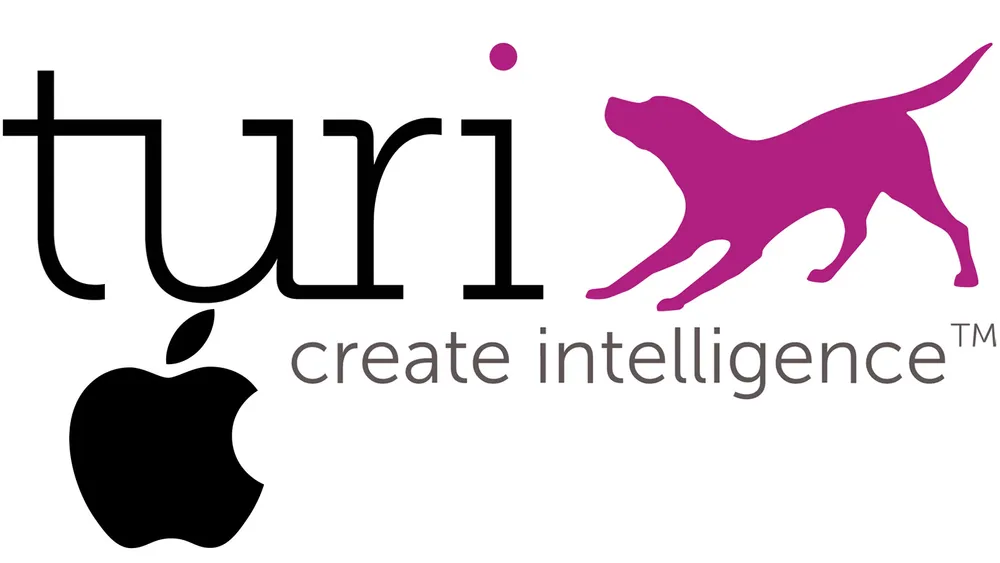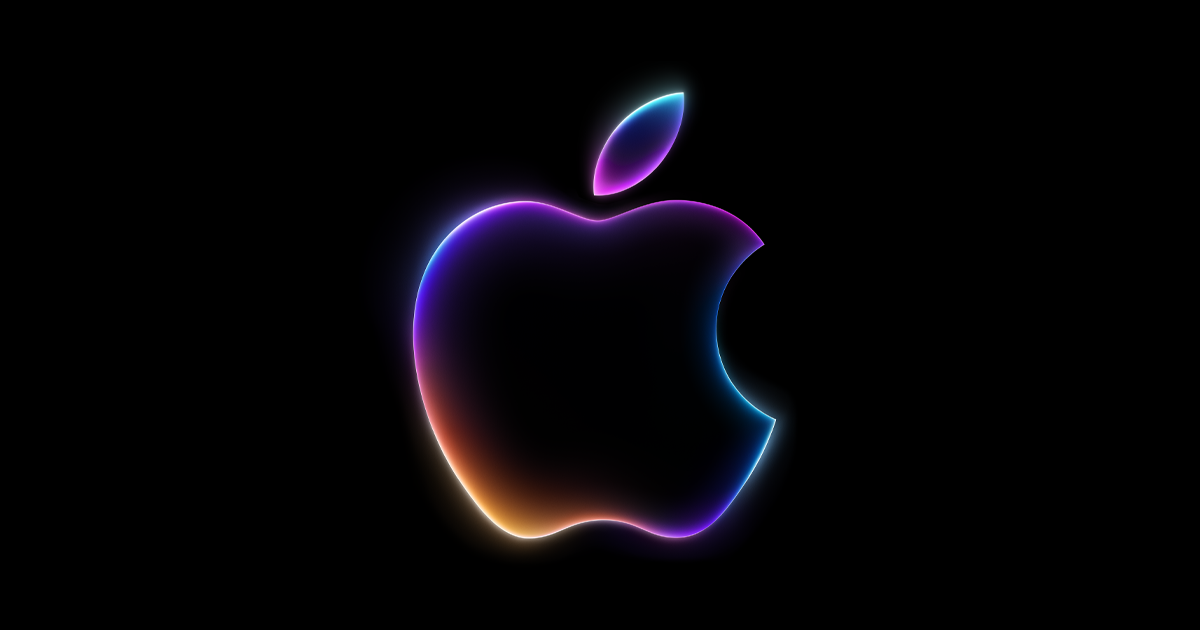Are you a die-hard Apple fan? Do you think you know everything about the company and its empire? Well, think again because there are a few surprises that may have slipped under your radar. As an avid follower of all things Apple, I recently discovered some lesser-known companies that are actually owned by the tech giant. And let me tell you, they go beyond just iPhones and MacBooks.
In this article, we’ll uncover five companies that are part of the Apple family but may not be on your radar. From popular music streaming platforms to cutting-edge artificial intelligence technology, these companies provide a glimpse into Apple’s vast reach and diverse investments. So whether you’re a business enthusiast or simply curious about what other industries Apple has its hands in, keep reading as we reveal some fascinating facts about companies owned by one of the world’s most valuable corporations – Apple!
So, Companies Owned by Apple?
Apple is not just known for their iPhones and Macbooks. They actually own a wide range of companies that cover various industries and technologies. Here are five companies owned by Apple that you may not have heard about:
1. Beats Electronics – In 2014, Apple acquired this popular headphone and speaker company founded by Dr. Dre and Jimmy Iovine. This acquisition allowed Apple to expand into the audio market.
2. Shazam – You know that app that can identify songs just by listening to a few seconds? Well, it’s owned by Apple now! The tech giant bought Shazam in 2018, further enhancing their music capabilities.
3. Siri – Yes, our beloved virtual assistant is also owned by Apple! They acquired Siri Inc., the creators of Siri, back in 2010 before integrating it into their devices.
4. Beddit – Have trouble sleeping? Beddit might be able to help with its sleep tracking technology. And guess what? It’s another company under the umbrella of Apple since they acquired it in 2017.
5. NextVR – Virtual Reality is becoming more mainstream these days and NextVR is at the forefront of this technology with its live event streaming platform for VR headsets. In May 2020, they were acquired by none other than…you guessed it…Apple!
So there you have it, five lesser-known companies owned by Apple but still contributing to their success as one of the world’s largest tech giants.
Exploring Apple’s Acquisition of Shazam: Expanding Its Music Streaming Capabilities

When Apple announced its acquisition of Shazam, it sent ripples through the music industry. This move was not just about adding another app to its portfolio; it represented a significant step in enhancing Apple’s music streaming capabilities. By integrating Shazam’s powerful music recognition technology, Apple aimed to create a seamless experience for users who love discovering new songs. Imagine walking into a café, hearing an intriguing tune, and instantly pulling out your device to identify it—all thanks to Shazam’s swift identification abilities. This feature allows users to connect deeply with their musical surroundings and encourages them to explore more within the vast library of Apple Music.
Moreover, by acquiring Shazam, Apple positioned itself as an innovator in the competitive landscape of streaming services. The partnership opens up exciting possibilities for personalized recommendations based on real-time data from song identifications. For instance, if you frequently tag upbeat tracks while enjoying your morning coffee, imagine receiving curated playlists that reflect that vibe!
This intelligent integration not only enhances user engagement but also fosters a stronger community around shared musical experiences. As consumers increasingly seek meaningful connections through music, Apple’s investment in Shazam demonstrates its commitment to creating enriching audio journeys tailored uniquely for everyone.
Unfolding the Story Behind Apple’s Purchase of Anobit: Enhancing Storage Technology

In 2012, Apple made a significant move by acquiring Anobit, an Israeli company known for its innovative flash storage technology. The purchase was more than just a strategic business decision; it was a step toward enhancing the performance of Apple’s products. Anobit’s expertise lay in developing advanced flash memory controllers that could boost speed and efficiency while reducing costs. With their cutting-edge techniques, they enabled faster data processing and improved overall device functionality. By integrating Anobit’s technology into its products, Apple aimed to provide users with smoother experiences when using iPhones and iPads.
This acquisition had profound implications for how devices managed storage. Apple’s strategy included not only enhancing existing product lines but also fostering innovation within its ecosystem. For instance, the incorporation of Anobit’s technology allowed Apple to create devices capable of handling larger amounts of data swiftly without compromising on battery life or performance quality. As digital content continues to grow exponentially, this development positions Apple well in the competitive market.
It exemplifies how investing in specialized companies can lead to breakthroughs that resonate throughout an entire industry—ultimately making everyday tasks easier and more efficient for consumers around the globe.
Read also: should you invest in Oracle Corporation
Getting to Know Lattice Data, A Key Artificial Intelligence Enterprise Owned by Apple

Lattice Data is an intriguing company that plays a fascinating role in the world of artificial intelligence. Founded with a vision to transform unstructured data into valuable insights, it specializes in creating structured information from vast amounts of raw data. This process is essential for businesses looking to make sense of their data piles and extract meaningful patterns. By using advanced algorithms and machine learning techniques, Lattice Data helps organizations understand trends, improve decision-making, and enhance customer experiences. Imagine sifting through a mountain of messy information—like emails or social media posts—and turning it into organized knowledge that anyone can easily use.
Being part of Apple has further amplified Lattice Data’s impact on technology and innovation. With Apple’s reputation for excellence, they are now positioned to accelerate advancements in AI technology across various sectors. This collaboration opens doors for developing smarter applications capable of delivering personalized content while respecting user privacy—a significant concern in today’s digital landscape. Moreover, as companies seek to harness the power of big data more effectively, Lattice Data’s contributions pave the way for future breakthroughs that could reshape industries entirely.
In essence, the work done by Lattice Data not only enhances how we interact with technology but also drives us toward a more intelligent future where our tools become increasingly intuitive and insightful.
Understanding the Importance of Turi in Solidifying Apple’s Presence in Machine Learning

Turi is an essential element in enhancing Apple’s capabilities in the field of machine learning. This powerful platform enables developers to create sophisticated algorithms that can learn from data and improve over time. By integrating Turi, Apple strengthens its ability to analyze vast amounts of information quickly and efficiently. The advanced tools provided by Turi allow for features like image recognition, recommendation systems, and natural language processing, which are crucial for applications such as Siri and photos organization. With these enhancements, users experience more personalized services tailored just for them.
Moreover, Turi plays a significant role in fostering innovation within Apple’s ecosystem. It promotes collaboration among developers who can easily access shared resources and build on each other’s work. This sense of community inspires creativity and accelerates the development process, leading to cutting-edge applications that enhance user experiences across all devices. As machine learning continues to evolve rapidly, having a robust foundation like Turi ensures that Apple remains competitive in this ever-changing landscape. Consequently, it helps maintain customer loyalty while attracting tech enthusiasts eager to explore new possibilities with their devices.
In essence, investing in Turi not only solidifies Apple’s position but also enriches its commitment to delivering exceptional technology.
You may also like: how to make money with a motorcycle
How LuxVue Technology Contribute to Apple’s Innovation in Micro-LEDs

Apple’s acquisition of LuxVue Technology marked a significant milestone in the world of display technology, especially regarding micro-LEDs. This innovative technology offers an impressive alternative to traditional displays like LCD and OLED. Micro-LEDs consist of tiny individual light-emitting diodes that can create vibrant colors and deep blacks, all while consuming less power—an essential feature for mobile devices. The brilliance lies in their ability to produce images with extraordinary brightness and contrast without sacrificing battery life, making them ideal for Apple’s sleek products where every millimeter counts.
With LuxVue’s expertise, Apple has been able to explore new possibilities in creating ultra-thin screens that enhance user experience dramatically. Imagine brightness levels reaching up to 1,000 nits or more without compromising the device’s portability! Furthermore, micro-LED technology allows for flexible designs; this means future devices could have curved or foldable displays that adjust seamlessly to users’ needs. As Apple continues refining these advancements, we may soon see a wave of next-generation products transformed by this revolutionary approach to screen innovation—bringing us closer than ever before to immersive experiences in our daily lives.
- Vibrant colors
- Deep blacks
- Low power consumption
Decoding The Strategic Acquisitions Of Companies By Apple
Apple’s strategic acquisitions reveal a sophisticated approach to expanding its ecosystem and enhancing innovation. By carefully selecting companies that align with its vision, Apple not only strengthens its product offerings but also fuels technological advancements. For instance, the purchase of smaller firms specializing in artificial intelligence or augmented reality allows Apple to infuse cutting-edge features into devices like the iPhone or iPad. This method helps them stay ahead of competitors while ensuring a consistent flow of fresh ideas. Each acquisition is meticulously evaluated for potential synergies that can elevate user experience and drive growth.
Moreover, these acquisitions often focus on talent as much as technology. When Apple acquires a company, it’s not just about gaining new products; it’s about bringing in brilliant minds who can contribute to Apple’s culture of creativity and excellence. The company’s ability to integrate these teams effectively leads to seamless collaboration across various projects, fostering an environment ripe for innovation. As a result, Apple’s commitment extends beyond immediate financial gains; they aim for long-term sustainability by nurturing new technologies that resonate with consumers’ evolving needs.
By strategically weaving together diverse capabilities through acquisition, Apple consistently enhances its competitive edge while maintaining its reputation as an industry leader.

